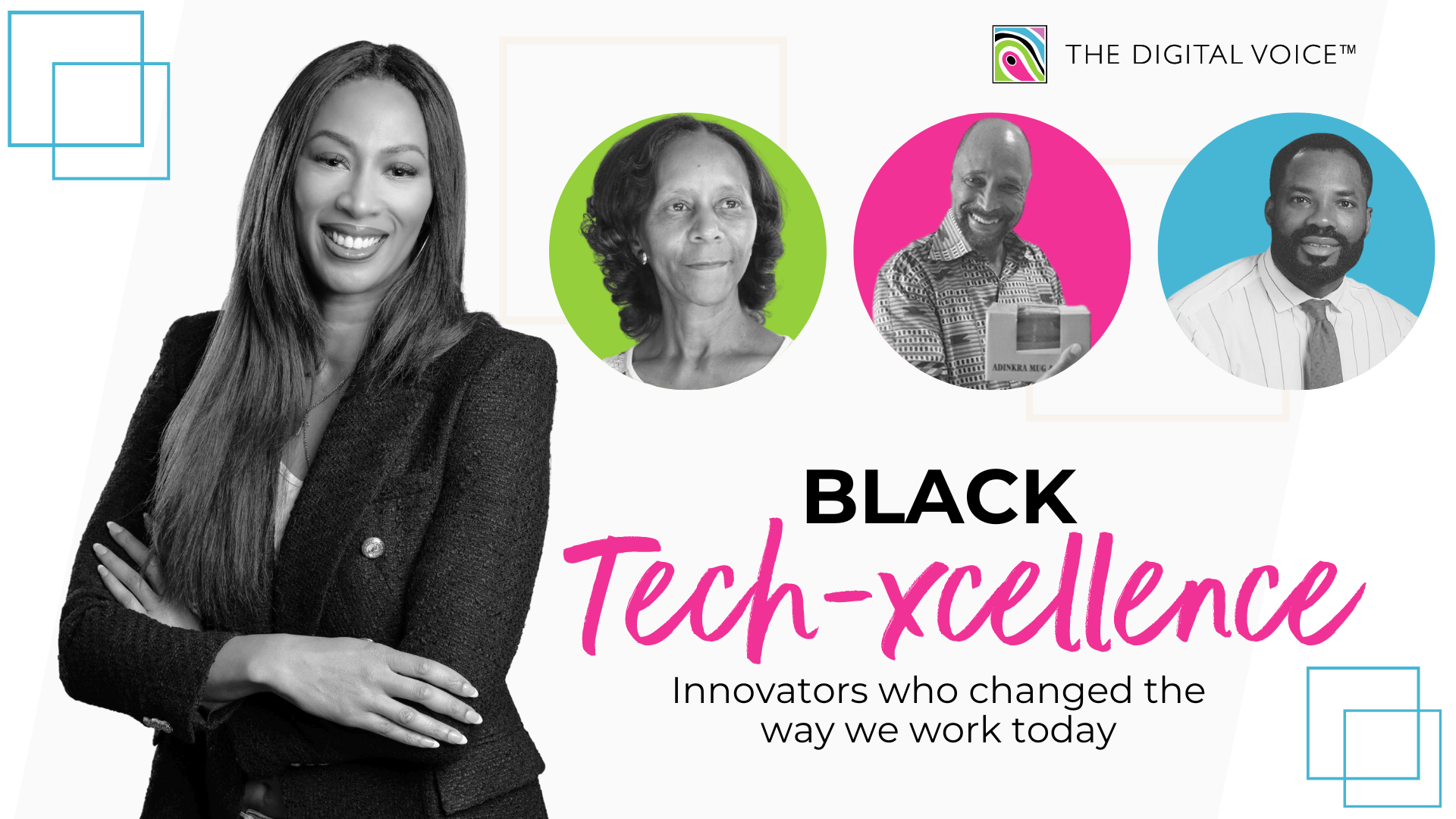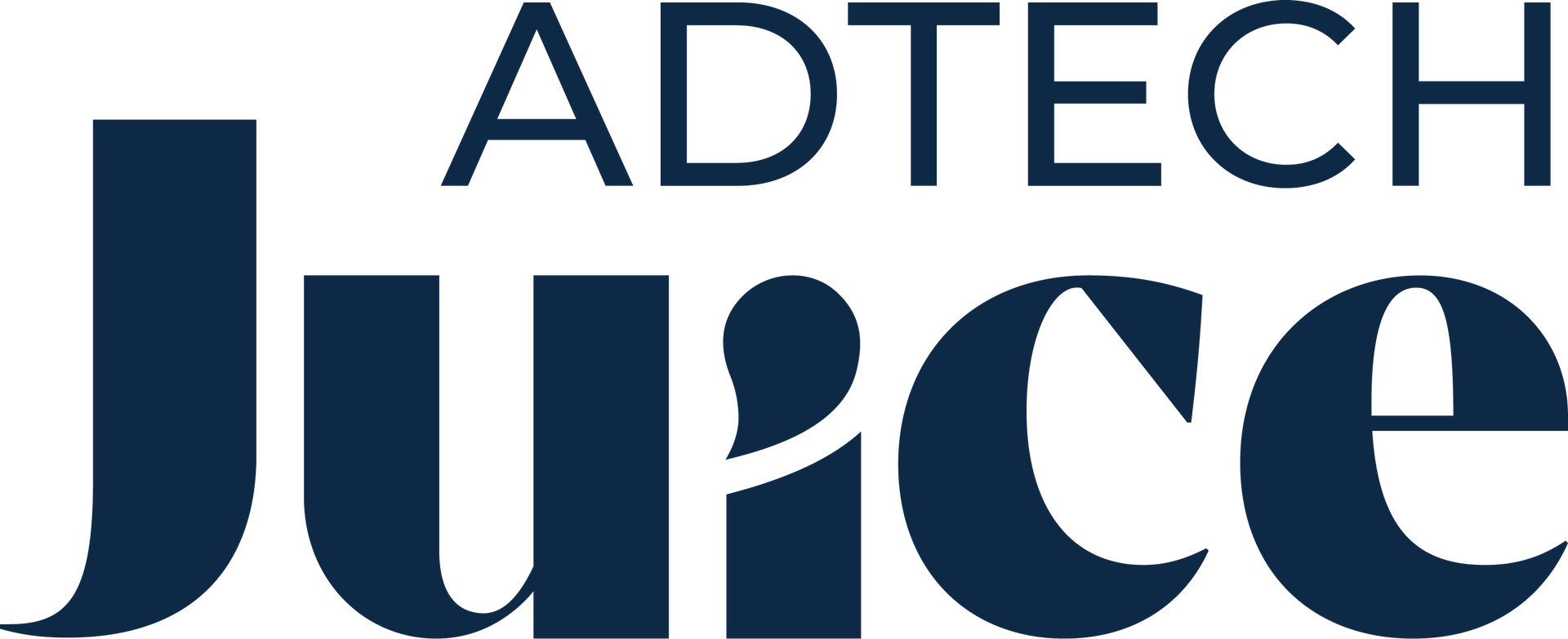Black Tech-xcellence
Innovators who changed the industry and the way we work today
We often hear about gender gaps in our industry, as we should: as it stands, women only hold around 27% of roles across all tech workforces, and see even less representation in executive positions. The figures equate to a male-dominated industry at a ratio of 3-to-1. Whilst a lot of progress has been made in the past five years towards diversifying the tech industry, there’s still a long road ahead of us.
But another area of diversity often goes overlooked: Black workers make up just 7% of the tech industry in the USA and a truly meagre 4% in the UK. Black women in low and mid-level positions in particular report experiences of being brought onboard to fill a performative “diversity quota”, going unsupported in their roles and being laden with additional labour – often unpaid – to fulfil company demands for Black History Month content and events.
This October, UK Black History Month’s theme is Time for Action, Not Words, so what can be done to change the glaring inequality in our industry?
If you ask Maria McDowell, mentoring is the key. Maria is the founder of startup lollipop mentoring, a free mentorship programme that pairs Black women in advertising and marketing with senior industry mentors.
We recently spoke to Maria for Episode 2 of our podcast Off Record, On Point (listen at the end of this post!) on the secret to making mentoring work. Looking forward, those with the means and knowledge giving a leg up to underrepresented communities in the industry will make all the difference in closing the equality gap.
After all, it’s important to remember Ad Tech – and almost every other industry – has so much to thank Black innovators for, from the super computers powering our Google and Yahoo searches to the tech behind every Zoom meeting and video conference made by remote workers across the world.
The Digital Voice™ wanted to highlight a handful of these figures whose incredible advancements in tech changed our industry and the way we work today.

Marian R. Croak (1955 - Present)
Video Conferencing
Marian Croak has had an extremely impressive career in the technology industry, starting in 1982 at Bell Labs (later AT&T) in the Human Factors research division, studying how technology could positively impact people’s lives. Marian is a prolific inventor with over 200 patents in her name, and perhaps the most frequently used of these is her invention of VoIP, or ‘Voice Over Internet Protocol’, which allows us to use the internet for voice and video communication.
That’s every Skype call, Zoom meeting and WhatsApp conversation you hold – without Marian’s exceptional creation, our current climate of remote working would be nigh on impossible. Seeing as we’re all remote at The Digital Voice™, we have a lot to thank Marian for! Marian currently works on racial justice efforts at Google and on encouraging women and girls to pursue engineering.

Clarence “Skip” Ellis (1964 – 2014)
Collaborative Documents and Desktop Icons
Skip Ellis was a real pioneer in early Computer Science, and the first African American to earn a PhD in the field. He’s credited as the creator of desktop icons, inventing the technology we all use every day to click on and open applications on our computers, phones and devices.
He was also instrumental in the development of “groupware” technology: this is the tech that allows multiple people to collaborate on a document at one time. Ellis’ contributions paved the way for the development of software such as Google Docs and Sharepoint. Where would we be without it?

Dr Philip Emeagwali (1954 – Present)
The Connection Machine
Here’s one you may not have heard of, and yet you likely use every day: The Connection Machine. Dr. Philip Emeagwali is a Nigerian computer engineer and winner of the 1989 Gordon Bell, the Nobel Prize of computing. Dr. Emeagwali is known for the creation of the Hyperball computer, a super computer designed to forecast long-term global warming patterns, but he also designed the program and formula for the world’s fastest computer, known as The Connection Machine.
A network of 65,000 parallel computers, The Connection Machine is used by all search engines to return results, and Emeagwali is credited for its creation along with individuals such as Burton Smith and Daniel Hillis. So next time you’re using Google or Yahoo, think of Dr. Emeagwali!

Alan Emtage (1964 – Present)
Search Engines
Bajan-Canadian computer scientist Alan Emtage may not have gotten far without Dr. Emeagwali’s Connection Machine, but we can thank him for inventing the search engine itself. Without Emtage, we wouldn’t have Google or any other tools we use to search the web. Emtage created and implemented the ‘Archie search engine’ as a graduate at McGill University in Canada, a program that automated the arduous process of finding specific pieces of software.
Unfortunately, not knowing what the system would become, Emtage failed to patent his invention. He has gone on to make many other valuable contributions to the tech industry and currently works as the CTO at Mediapolis, a tech company in New York.

Kimberly Bryant (1967 - Present)
Tech for Girls
Kimberley Bryant is one of the most influential engineers in her space, and her career includes work with biotechnology company Genentech and Pfizer. Bryant’s story began one summer when her daughter attended a computing camp only to find the counsellors paid little attention to the minority of girls in attendance.
As a result of this experience, Bryant founded of Black Girls Code, a charity aimed specifically at empowering school-age girls of colour to enter historically white, male-dominated STEM fields, with a goal of educating a million girls by 2040. Bryant was recognised as the White House Champion of Change for Tech Inclusion in 2013 – if that’s not taking action, we don’t know what is.

Maria McDowell
Mentoring Future Women in the Industry
We can’t consider a list of Black innovators complete without spotlighting our special guest, Maria McDowell: Maria has spent her 20 year career managing, building and nurturing teams and departments, and her company lollipop mentoring is leading the charge on mentoring Black women in the advertising and marketing industries.
She knows how it feels to stall and be ‘left for dead’ in your career, and also knows the joys of how a true mentor and sponsor can change not only your career direction, but your life. With lollipop, her aim is to ensure that Black women know they aren’t alone and have access to individuals who can help them achieve their career goals and get to the next level.
You can hear our full conversation with Maria on the topic of mentoring and the reality Black women in the industry face every day on the new episode of our podcast, Off Record, On Point.
Listen to our Off Record, On Point podcast episode with Maria McDowell below!




